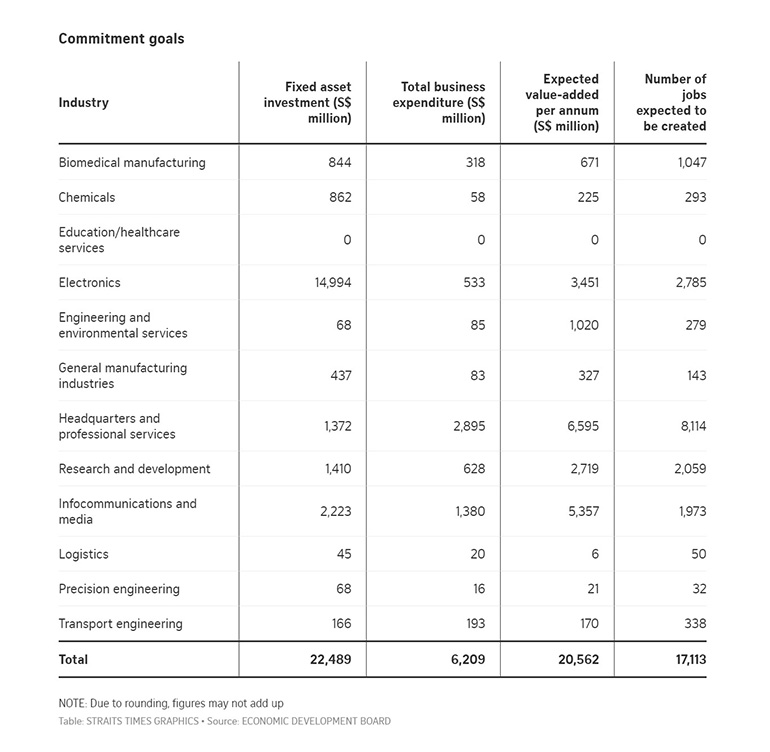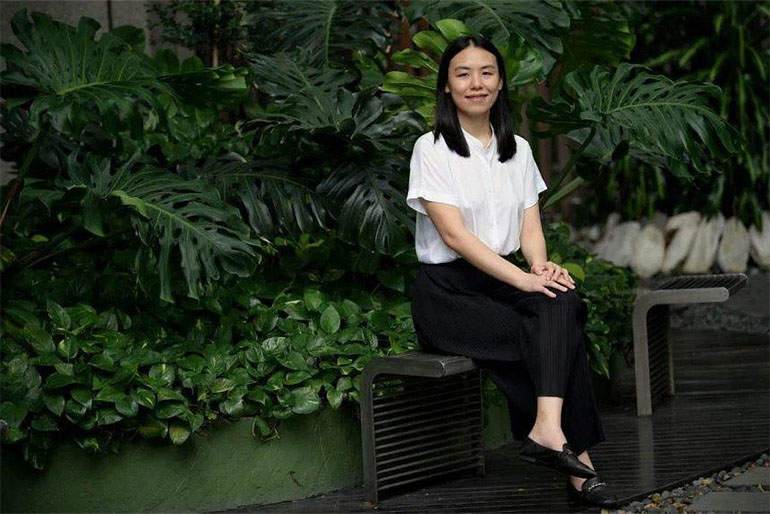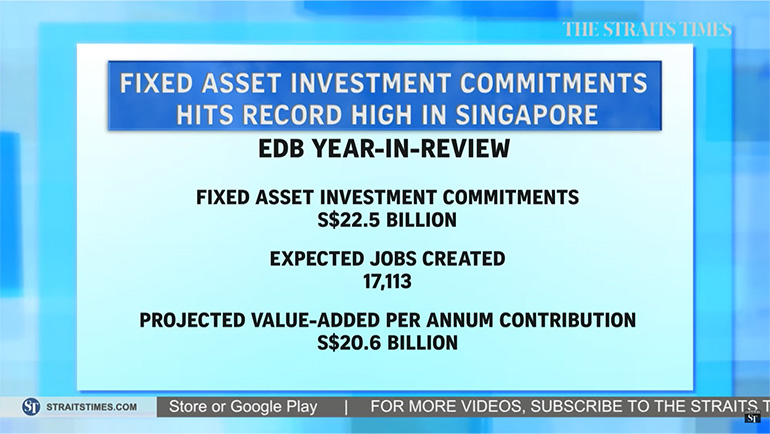She joined the company in August 2022 after leaving workplace technology company Ricoh Asia Pacific, where she was a Sustainability and Environmental Management Executive.
ACT Commodities is part of a growing ecosystem of more than 70 companies in the carbon services sector.
It works with clients of various sizes and industries, including those in chemicals, shipping and fashion.
Ms Tan noted that environmental issues are usually intertwined and global in nature, requiring multi-pronged solutions from a wide range of stakeholders.
“Corporates play a big role in encouraging this shift toward sustainability because of the immense influence they have over the environmental impact of their operations.
“For example, the decisions they make about the materials they use, vendors along the supply chain, and how they carry out their operations can really have an impact on areas such as carbon emissions, habitat loss and waste generation,” she said.
Companies can also create change by partnering other businesses to come up with new technologies that can tackle climate change, added Ms Tan.
Her time in school helped her gain knowledge in areas such as environmental law and ecology.
The corporate world also allowed her to acquire crucial skills such as stakeholder management and deeper insights into companies’ sustainability strategies like reporting their greenhouse gas emissions.
She said: “The sustainability industry is still emerging in Singapore and the region, and it might seem quite daunting. But I think that all the unknowns in the sector also make it very exciting and promising.”
Harnessing tech for efficiency
Mr Vergis Vijay Thomas, 29, has always been interested in how supply chains work.
After studying business management at Singapore Management University, he started his career in inventory and operations at home-grown grocery delivery start-up Honestbee.
He then became an E-commerce Operations Specialist at insurance tech start-up CXA Group.
“These roles allowed me to experience the downstream side of the supply chain,” he said, referring to the movement of manufactured goods from a business to its customers.
Mr Vergis is now a Regional Manager at Melbourne-based logistics company Toll Group’s operations excellence and continuous improvement business unit.
The company launched a $20 million global innovation centre in Singapore in October to bring together businesses, start-ups, and academics to foster collaboration and innovation in supply chains.
Mr Vergis’ team coaches and guides staff who are in charge of operations excellence and continuous improvement across the group’s markets in Asia.
“Together, we make incremental changes to raise our service quality benchmarks and productivity levels... This work can vary from simple process reviews to exploring new technologies to support reporting activities,” he said.
Mr Vergis, who has been at Toll for more than 2½ years, started out in the company’s graduate programme.
This allowed him to experience different parts of the business before deciding which area to build his career in.
He was also seconded for two months to Thailand, where he helped to automate Toll’s performance reporting for customers.
“Living abroad while working made me more independent and taught me to be more collaborative as I had to manage day-to-day life in a foreign environment. I also had to work closely with the local team to understand their cultural nuances, which may impact our data and ways of working,” he said.











